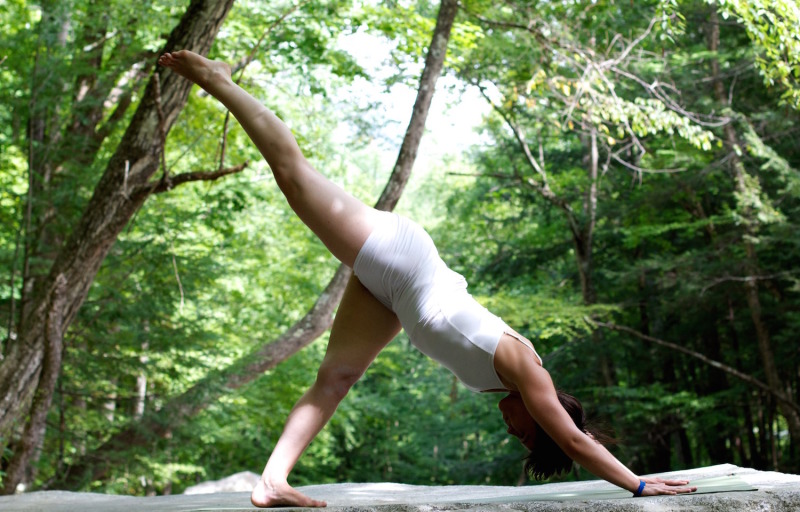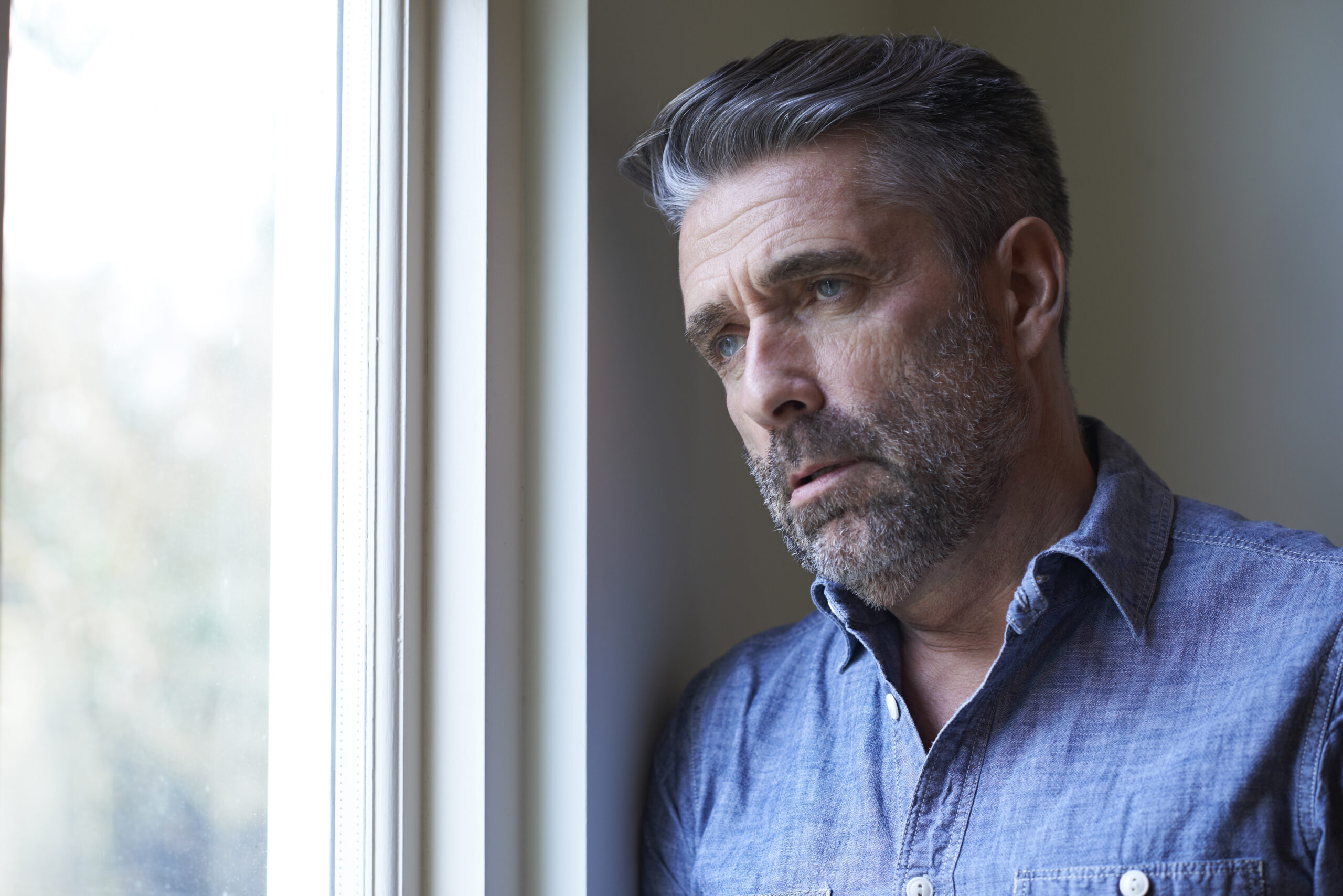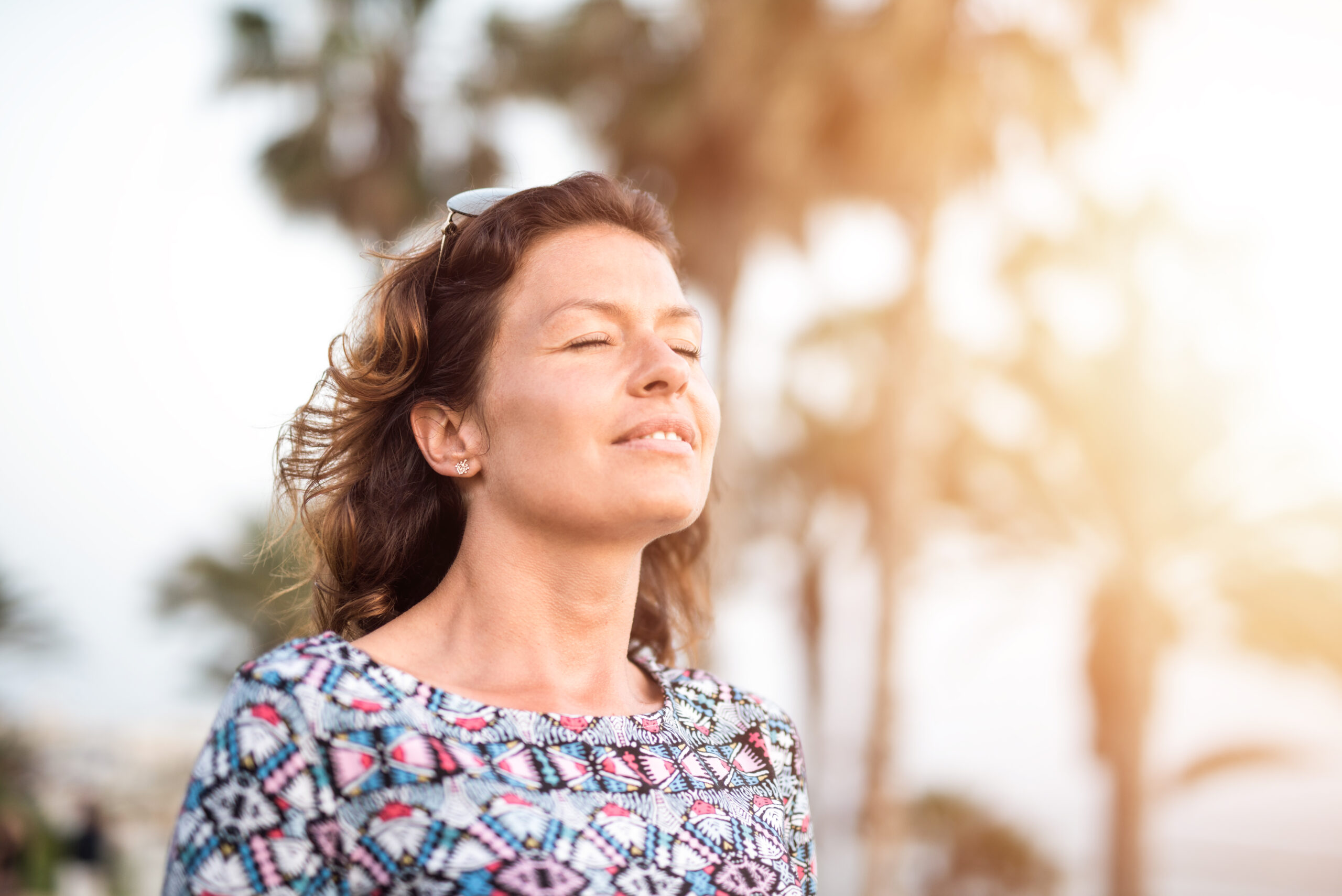
Yoga…for Alcoholics?
Holistic addiction treatment may seem like a new-age concept, but drug and alcohol rehabilitation facilities have always understood and embraced the mind-body-spirit connection. In fact, twelve-step programs embody that concept by combining spirituality and cognitive changes to manage substance abuse disorders. All complementary therapies that can help the body, mind and spirit in the recovery process should be embraced, and yoga is one such modality. Yoga is a spiritual, physical and mental practice that’s shown to be an effective ally for the addict in recovery.
Exercise and Recovery
Substance abuse takes a toll on the user’s body. Addicts tend to ignore their health even when it shows signs of decline. Regular exercise is part of our addiction medicine program at Bluff. Improved physical wellness defends against stress and cravings, while exercise in general releases natural endorphins—the “feel good” hormones responsible for keeping us happy and optimistic. At our luxury rehab center in Georgia, we work with our patients to develop a realistic fitness plan that can be maintained post-treatment. Yoga is an excellent focus for wellness with its holistic philosophy and welcoming of all personal fitness levels. Connecting with exercise groups within residing communities provide addicts with an additional network of support.
Benefits of Yoga
Yoga offers several specific benefits to the alcoholic or drug addict interested in holistic addiction treatment.
- Yoga and Stress – According to the National Institute of Drug Abuse, the most common reason stated for relapsing is that the addict was feeling stressed. An addict’s nervous system has been found to be hypertensive to stress and less capable of handling everyday stressors, especially if drug or alcohol use has further damaged the already delicate nervous system. Yoga balances the adrenal glands where stress hormones are produced and released from, and has specifically been found to lower cortisol levels. High cortisol levels not only create feelings of stress within the body, they may also be responsible for cravings and substance-seeking behaviors.
- Yoga and Detox – Contracting, stretching and moving the body’s soft tissues and organs as you move through a series of yoga postures increases drainage through the lymphatic system. The lymphatic system is responsible for the disposal of toxins that build up in the body. A regular release of toxins boosts the immune system to improve overall health and energy levels.
- Yoga and Depression – Coping with feelings of loneliness is one of the biggest emotional challenges an alcoholic in recovery can face. Often, the consequences of addiction are the loss of important relationships. Consistent yoga practice boosts serotonin levels and eases depression without medication. Yoga also balances the roller-coaster emotions of anger, fear, regret and frustration as it teaches the practitioner to quiet the mind and be present in the moment.
- Yoga and Pain – Some addicts began abusing substances to self-medicate against chronic pain. Others have numbed themselves with drugs or alcohol for so long, they only begin to feel pain after becoming sober. Yoga as pain management can be a crucial addition to your addiction medicine plan. Studies have shown yoga to be effective in decreasing fibromyalgia pain, back pain, arthritis and other chronic conditions.
- Yoga and Self-Esteem – Chronic low self-esteem is a contributing factor for almost every addict. Increasing self-esteem reduces the chances of relapse and helps boost levels of inner strength. The practice of yoga naturally leads to feelings of empathy, forgiveness, gratitude and the sense of belonging to something bigger.
- Yoga and Prescription Medications – For an addict, avoiding medications of all kinds, if possible, is the goal. Yoga has been shown to help decrease the dosages of medication or end the need for medication entirely for people with high blood pressure, Type II diabetes, asthma, chronic pain, depression, insomnia and Obsessive-Compulsive Disorder.
Yoga for alcoholics? Yes! Yoga can lead to better health, better self-esteem and a better relationship with the rest of the world. Add yoga to your holistic addiction treatment plan and continue your recovery one asana at a time.








